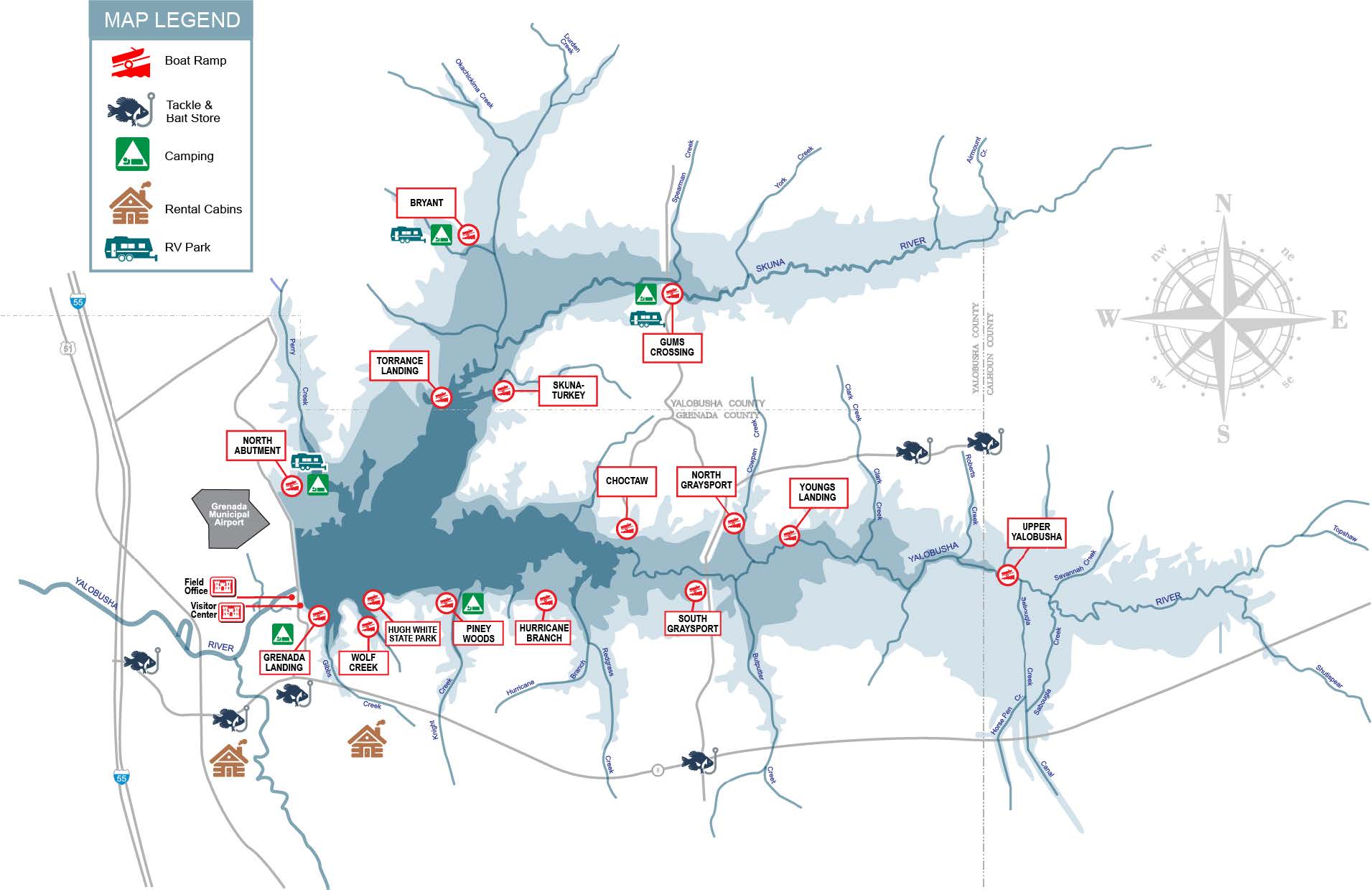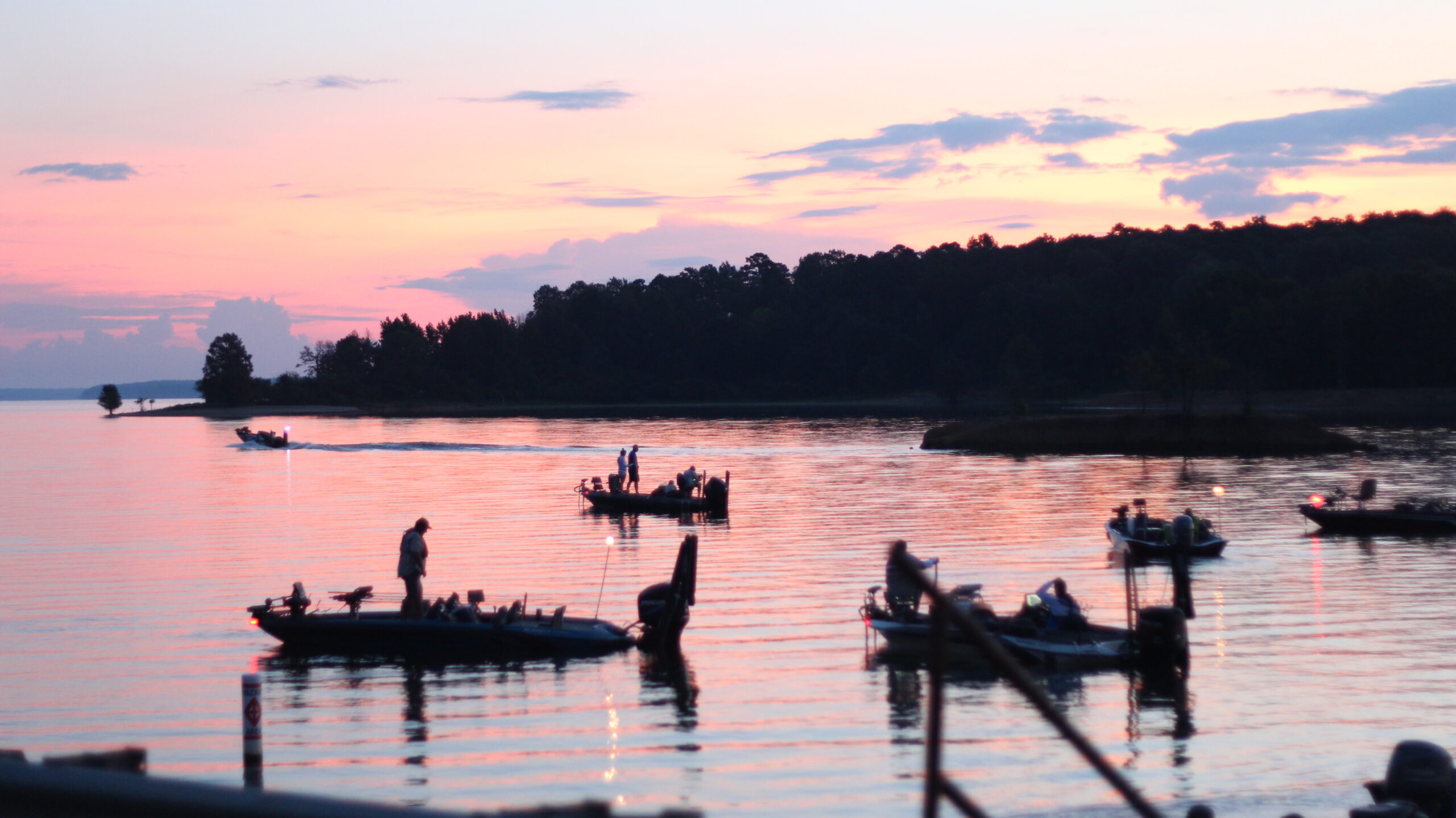Grenada Lake Water Level: A Deep Dive Into The Heart Of Mississippi's Treasure
If you're wondering about Grenada Lake water level, you're not alone. This stunning reservoir in Mississippi has been a focal point for anglers, tourists, and nature enthusiasts alike. Whether you're planning a weekend getaway or simply curious about the fluctuating water levels, this article has got you covered. So, buckle up and let's dive into the fascinating world of Grenada Lake!
Grenada Lake is more than just a body of water. It’s a hub of activity, a lifeline for the surrounding communities, and a treasure trove of natural beauty. The water level here plays a crucial role in determining everything from fishing seasons to recreational activities. Understanding it can make all the difference in planning your visit or even your business ventures around the lake.
Now, let’s be honest, the water level isn’t just a number on a chart. It’s a reflection of how nature and human activity interact. And if you’re someone who loves the outdoors, knowing the ins and outs of Grenada Lake water level can turn a good trip into an unforgettable adventure. Let’s get started, shall we?
Read also:Iribitari Gal Ni Manko Tsukawasete Morau Hanashi Episode The Ultimate Dive Into This Captivating Anime
Why Grenada Lake Water Level Matters
Ever wondered why so many people are obsessed with the water level at Grenada Lake? Well, it’s simple. The water level here doesn’t just affect the scenery; it impacts the economy, the environment, and the lives of countless individuals who depend on this reservoir. Let’s break it down.
The Economic Impact
Grenada Lake supports a thriving tourism industry. From fishing tournaments to family vacations, the water level determines how enjoyable these experiences can be. When the water is too low, boats can’t navigate properly, and fishing spots become inaccessible. On the flip side, when the water level is just right, it’s party time for everyone!
Environmental Considerations
Nature lovers, listen up! The water level at Grenada Lake directly affects the ecosystem. Fish populations, plant life, and even the migratory patterns of birds are all influenced by how much water is in the lake. It’s like a delicate balance that needs constant monitoring. And if you’re into conservation, this is where the rubber meets the road.
How Water Levels Are Measured
Measuring the water level at Grenada Lake isn’t as simple as sticking a ruler in the water. There’s a whole science behind it. Experts use gauges, satellites, and even drones to keep an eye on things. Here’s a quick rundown of how it’s done.
- Gauges are placed at strategic locations around the lake to provide real-time data.
- Satellite imagery helps track changes over time, giving a bigger picture of the situation.
- Drones are used for more detailed inspections, especially in hard-to-reach areas.
Factors Affecting Grenada Lake Water Level
So, what makes the water level at Grenada Lake go up or down? There are several factors at play here, and they’re all interconnected. Let’s take a closer look.
Rainfall
It’s no surprise that rainfall is one of the biggest influences on water levels. A good downpour can raise the water level significantly, while a dry spell can have the opposite effect. But it’s not just about how much rain falls—it’s also about where it falls and how it’s absorbed into the ground.
Read also:Natalina Noel Nude The Untold Story Behind The Controversy
Seasonal Changes
As the seasons change, so does the water level. In the spring, melting snow and increased rainfall often lead to higher levels. Summer, on the other hand, can bring lower levels due to evaporation and reduced rainfall. Fall and winter have their own unique patterns, too.
Historical Data and Trends
Looking at historical data can give us a better understanding of what to expect. Over the years, Grenada Lake has seen its fair share of highs and lows. Here are some interesting trends:
- In the 1980s, the lake experienced some of its highest water levels on record.
- The early 2000s saw a period of prolonged drought, leading to historically low levels.
- Recent years have shown a more balanced pattern, thanks to better management practices.
Impact on Recreational Activities
Grenada Lake is a paradise for outdoor enthusiasts. Whether you’re into fishing, boating, or just relaxing by the water, the water level can make or break your experience. Here’s how it affects some of the most popular activities:
Fishing
Fishermen know that water level is crucial for a successful day on the lake. When the water is high, fish tend to congregate in certain areas, making them easier to catch. Low water levels, however, can make fishing more challenging as fish scatter in search of deeper waters.
Boating
Boaters need to be aware of water levels to avoid running aground. Shallow areas can become hazardous when the water is low, so it’s important to check the latest data before heading out.
Conservation Efforts
Protecting Grenada Lake is a top priority for many organizations and individuals. Efforts to maintain a healthy water level are ongoing, and they involve a combination of science and community involvement. Here are some of the key initiatives:
- Restoration projects aimed at improving water quality and habitat.
- Public education campaigns to raise awareness about the importance of water conservation.
- Collaboration with local governments and businesses to implement sustainable practices.
Challenges Facing Grenada Lake
Despite the best efforts, Grenada Lake faces several challenges. Climate change, pollution, and human activity all threaten the delicate balance of this ecosystem. Here’s a closer look at some of the biggest issues:
Climate Change
As global temperatures rise, the water level at Grenada Lake is becoming more unpredictable. Extreme weather events, such as hurricanes and heatwaves, can have a significant impact on the lake’s ecosystem.
Pollution
Runoff from agricultural and urban areas can introduce harmful chemicals into the lake, affecting water quality and aquatic life. Reducing pollution is a top priority for conservationists.
Future Outlook for Grenada Lake Water Level
What does the future hold for Grenada Lake? While there are certainly challenges ahead, there’s also reason for optimism. Advances in technology and increased awareness about the importance of water conservation are helping to pave the way for a brighter future. Here’s what we can expect:
- Improved monitoring systems to provide more accurate and timely data.
- Innovative solutions to address the effects of climate change and pollution.
- Increased community involvement in conservation efforts.
How You Can Help
Protecting Grenada Lake is a shared responsibility. Whether you’re a resident, visitor, or simply someone who cares about the environment, there are plenty of ways you can make a difference. Here are a few ideas:
- Participate in local clean-up events to help reduce pollution.
- Support organizations working to protect the lake and its ecosystem.
- Practice sustainable habits in your daily life to reduce your environmental impact.
Conclusion
Grenada Lake water level is more than just a number—it’s a vital part of the lake’s identity and its role in the community. Understanding it can enhance your experience and help you appreciate the beauty and complexity of this natural wonder. So, the next time you visit Grenada Lake, take a moment to reflect on the importance of water level and what it means for everyone involved.
And don’t forget to share this article with your friends and family! The more people know about Grenada Lake, the better equipped we’ll be to protect it for future generations. Together, we can make a difference. Cheers!
Table of Contents
- Why Grenada Lake Water Level Matters
- How Water Levels Are Measured
- Factors Affecting Grenada Lake Water Level
- Historical Data and Trends
- Impact on Recreational Activities
- Conservation Efforts
- Challenges Facing Grenada Lake
- Future Outlook for Grenada Lake Water Level
- How You Can Help
- Conclusion


